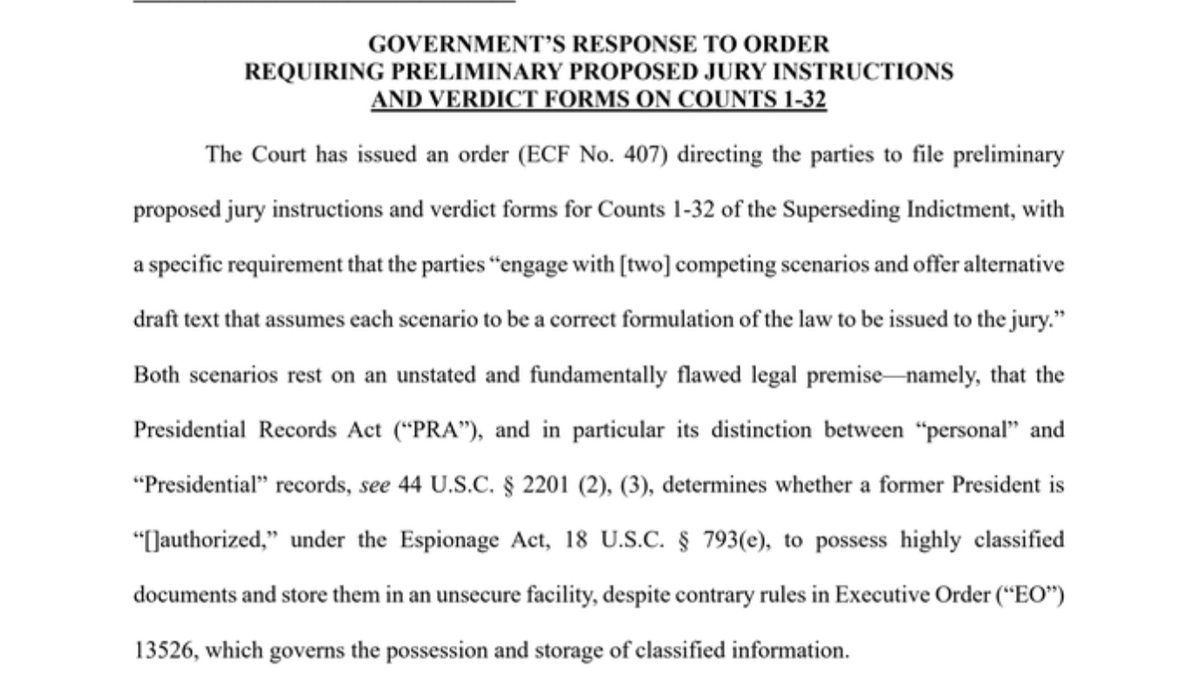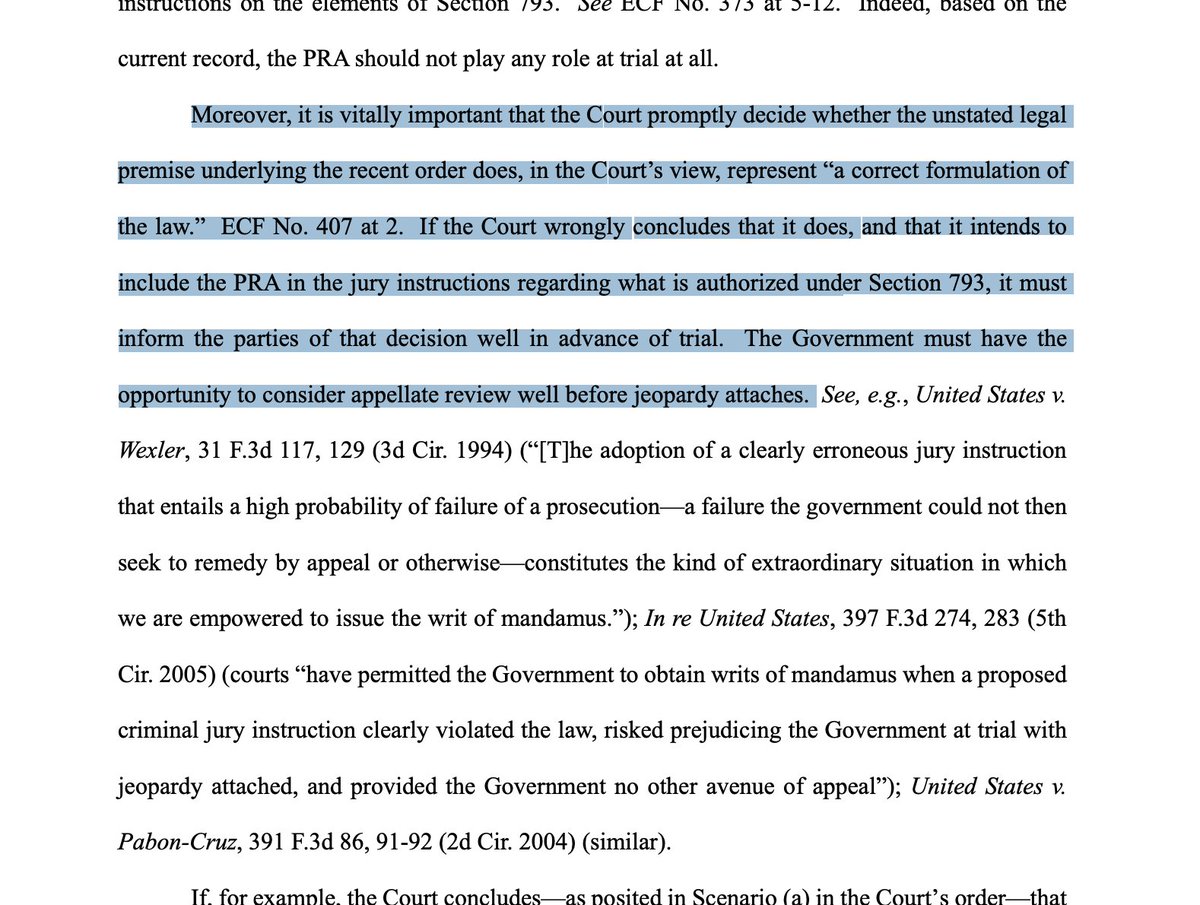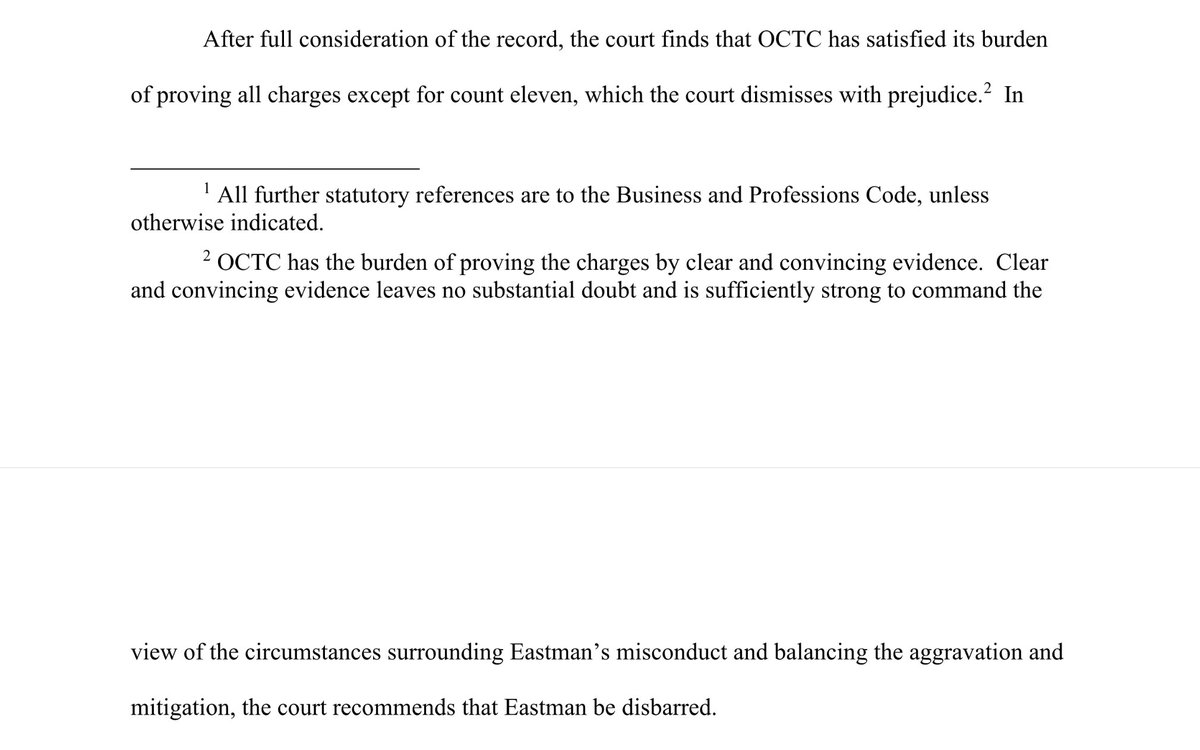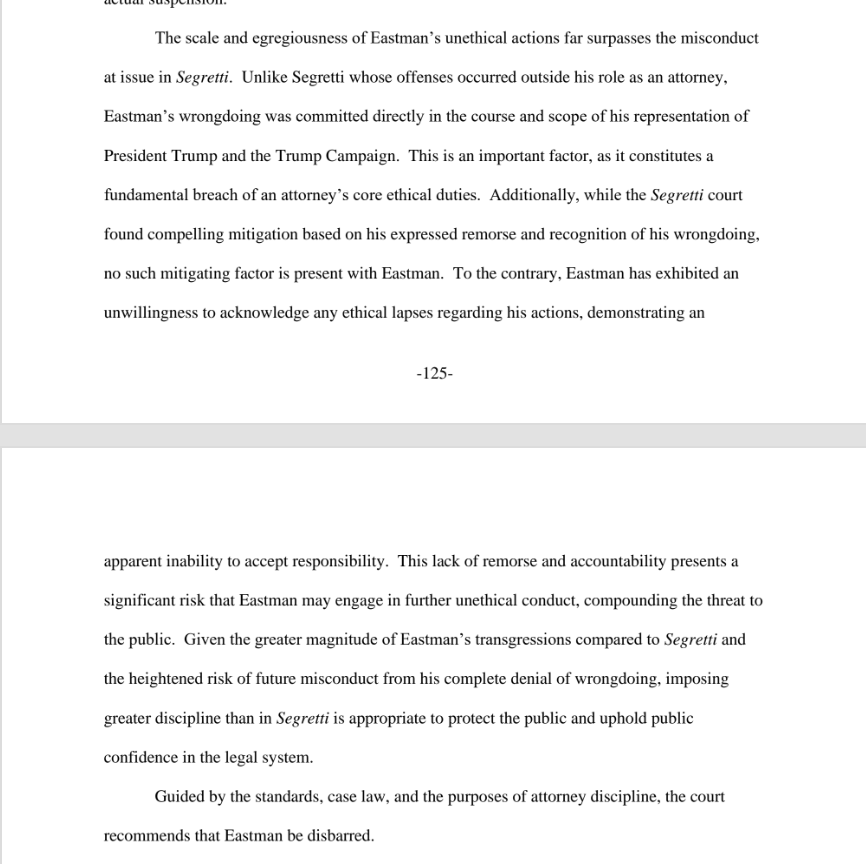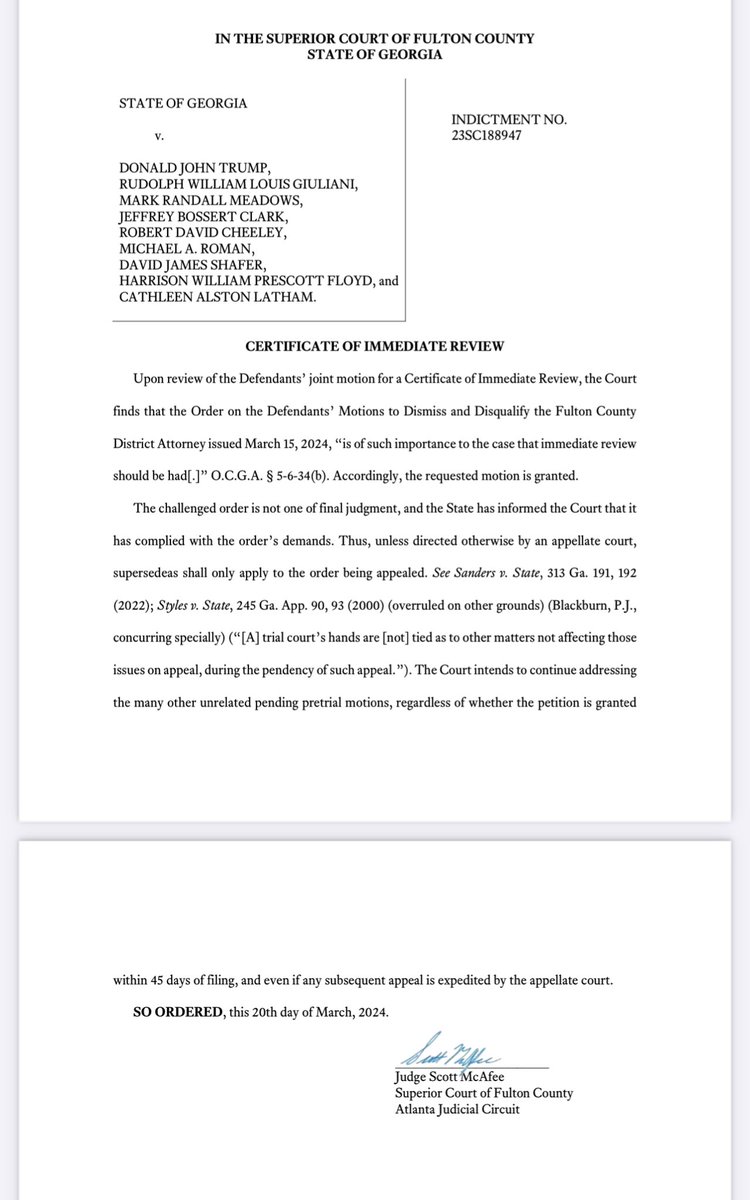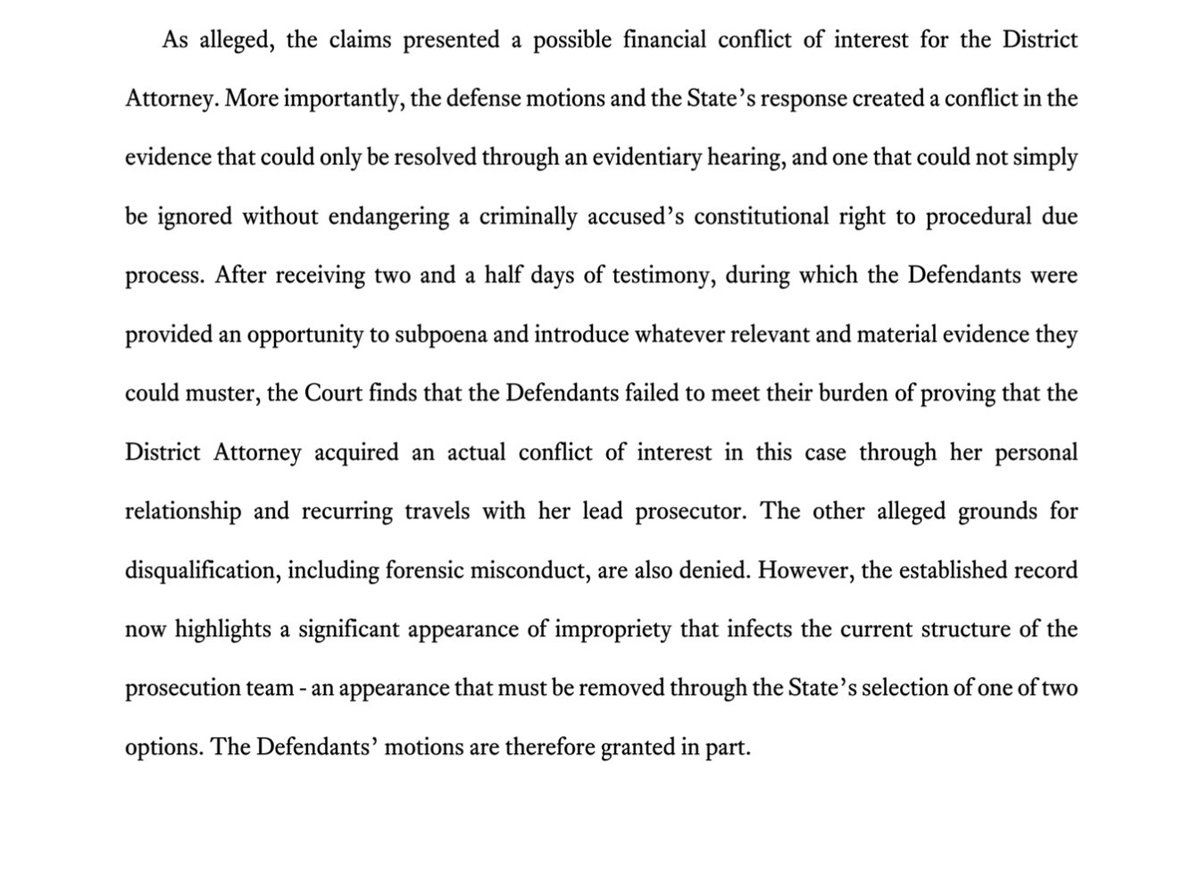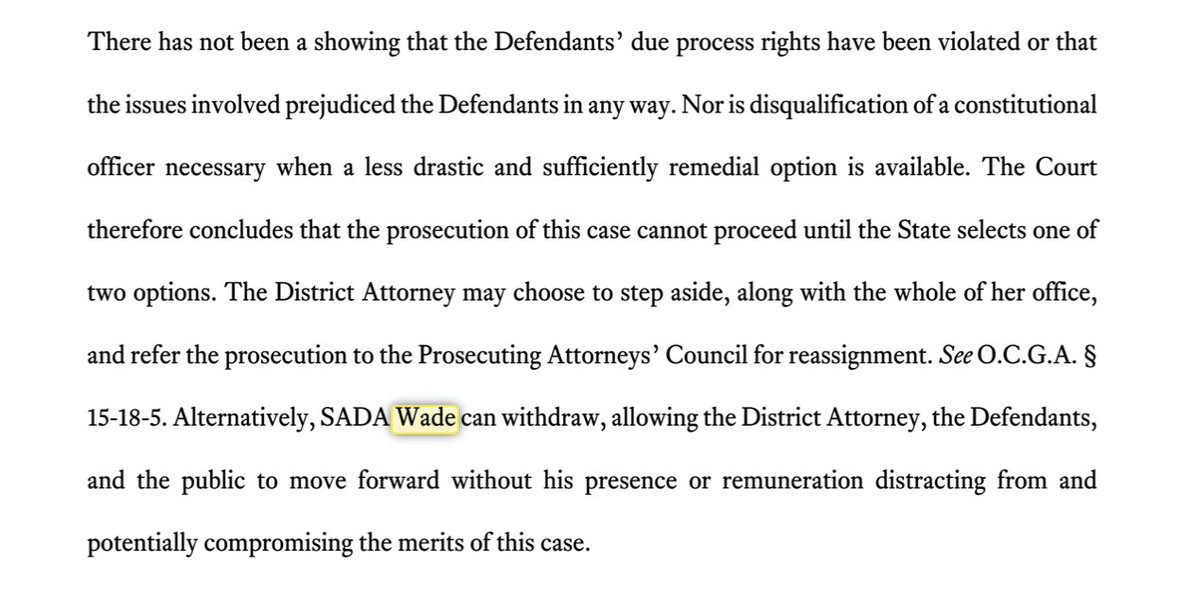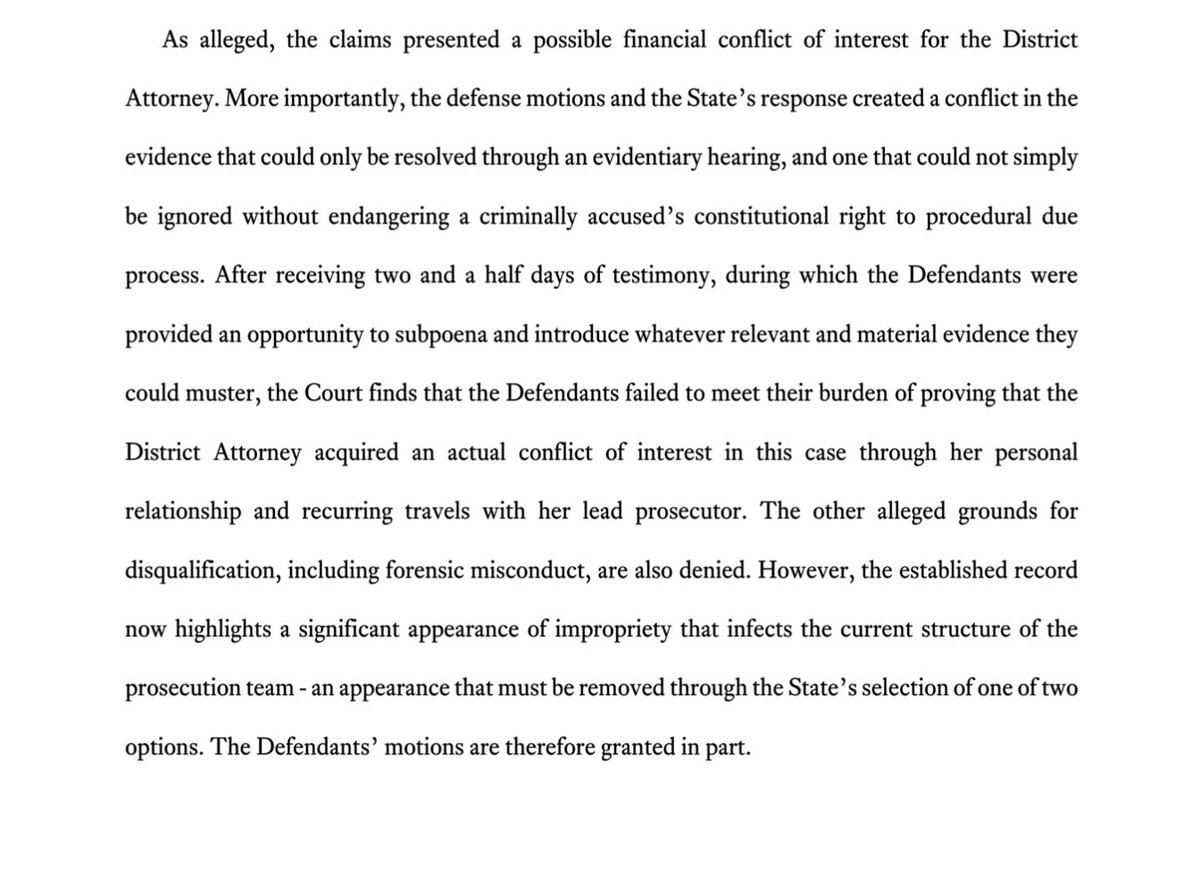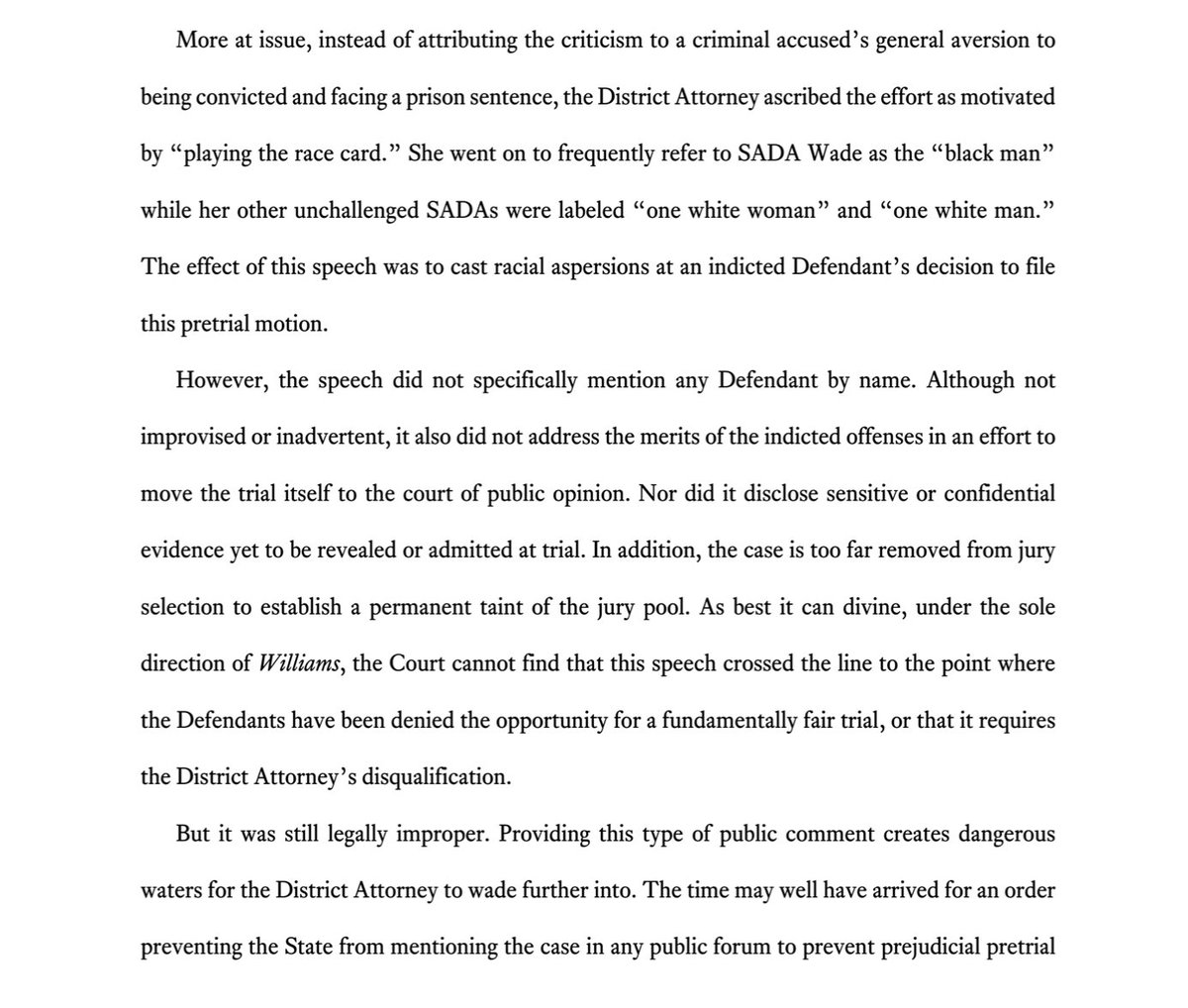New: Justice Merchan denies Trump’s bid to stave off criminal trial in New York based on presidential immunity.
nycourts.gov/LegacyPDFS/pre…
nycourts.gov/LegacyPDFS/pre…
Merchan says that Trump’s motion is denied as untimely.
“The court finds that the defendant has myriad opportunities to raise the claim of presidential immunity well before March 7, 2024”—the date when Trump filed his immunity motion.
“The court finds that the defendant has myriad opportunities to raise the claim of presidential immunity well before March 7, 2024”—the date when Trump filed his immunity motion.
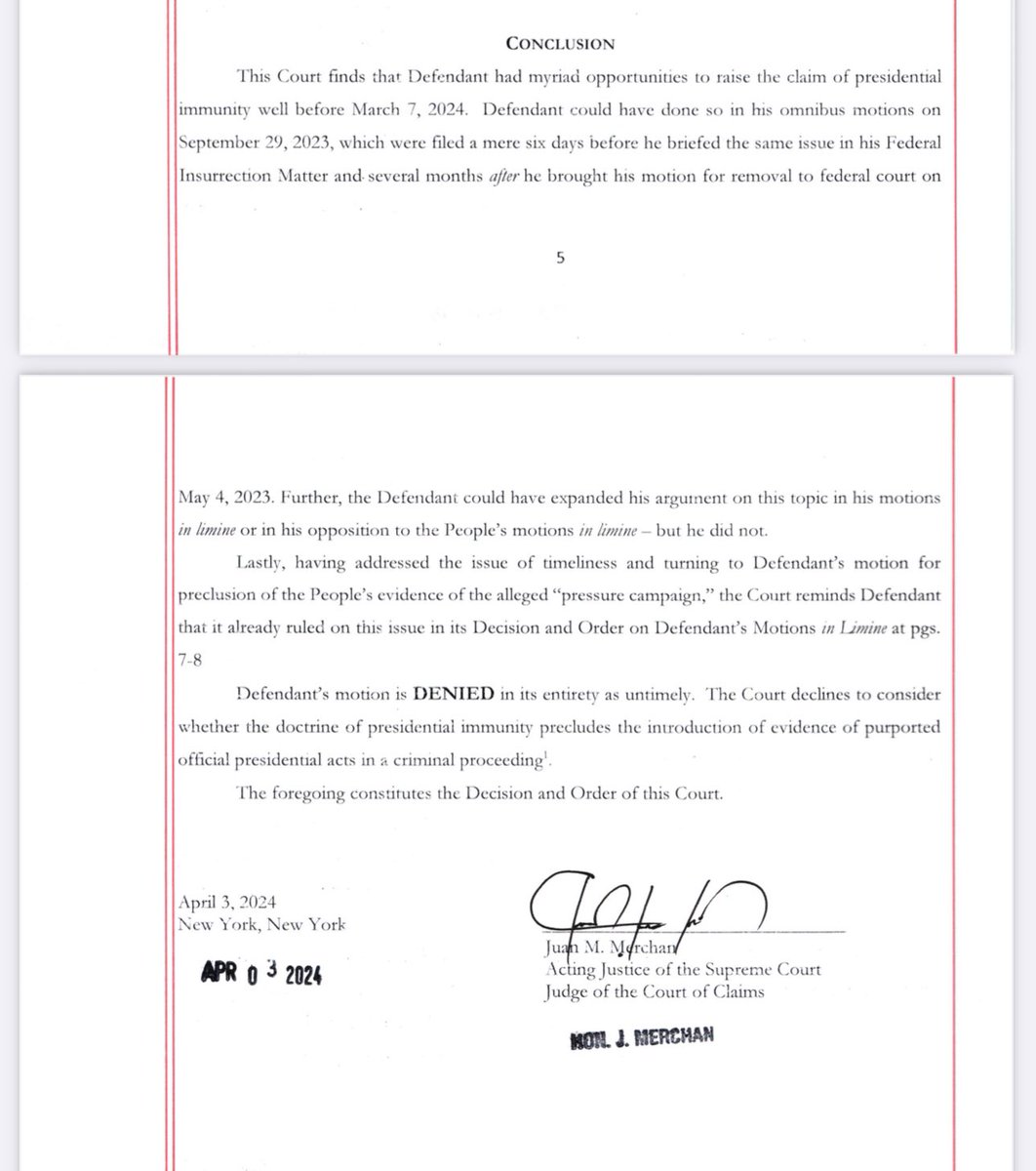
Because he finds that Trump’s motion is denied as untimely, Justice Merchan says that he need not address the question of whether presidential immunity “precludes the introduction of evidence of purported official presidential acts in a criminal proceeding.” 
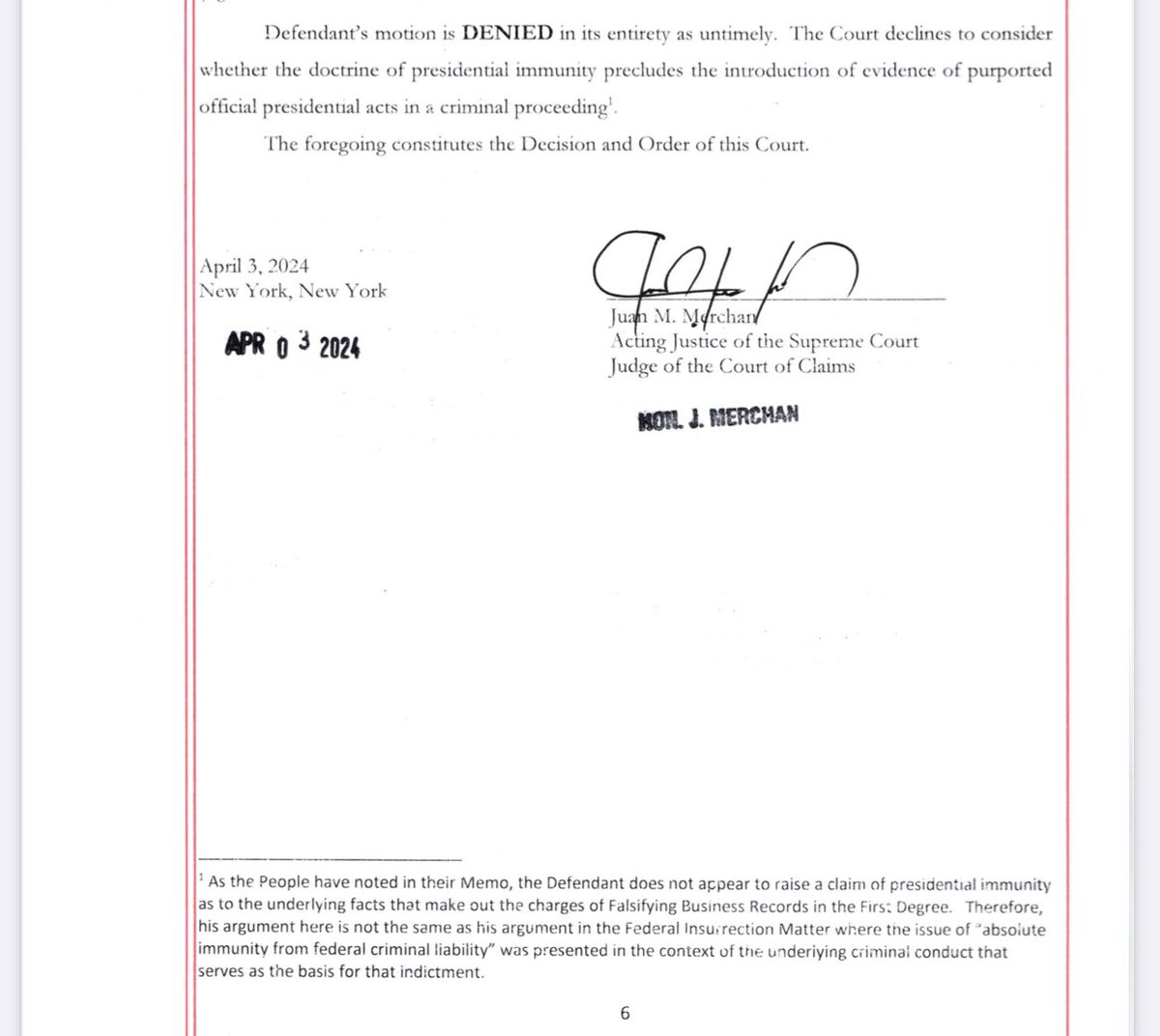
Recall: While Trump has argued in other cases that he is “absolutely” shielded from standing trial, his NY motion was slightly different.
He claimed that presidential immunity prohibited the use of certain evidence at trial—namely, official communications during his Presidency.


He claimed that presidential immunity prohibited the use of certain evidence at trial—namely, official communications during his Presidency.
https://twitter.com/annabower/status/1775626460675387696
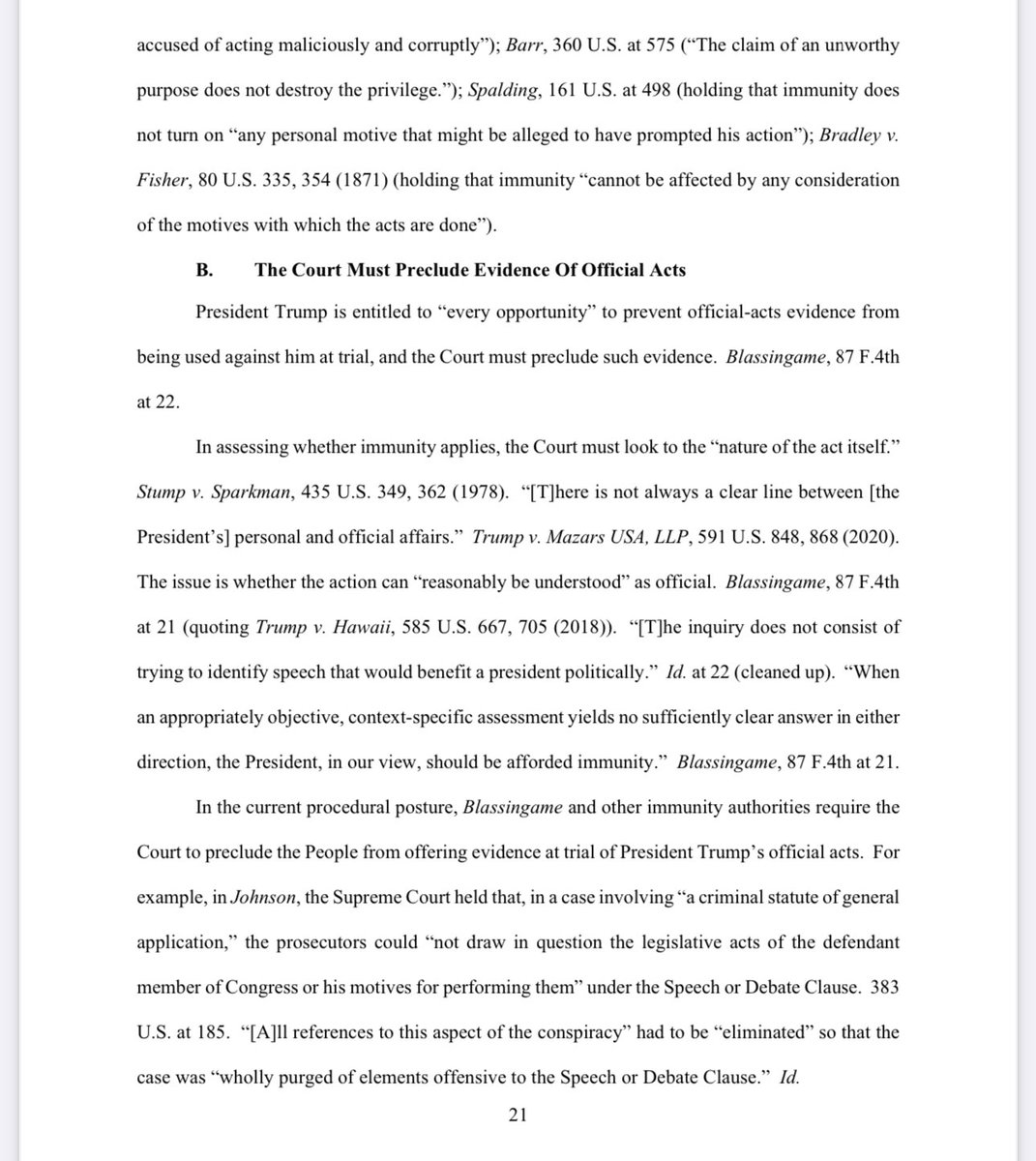
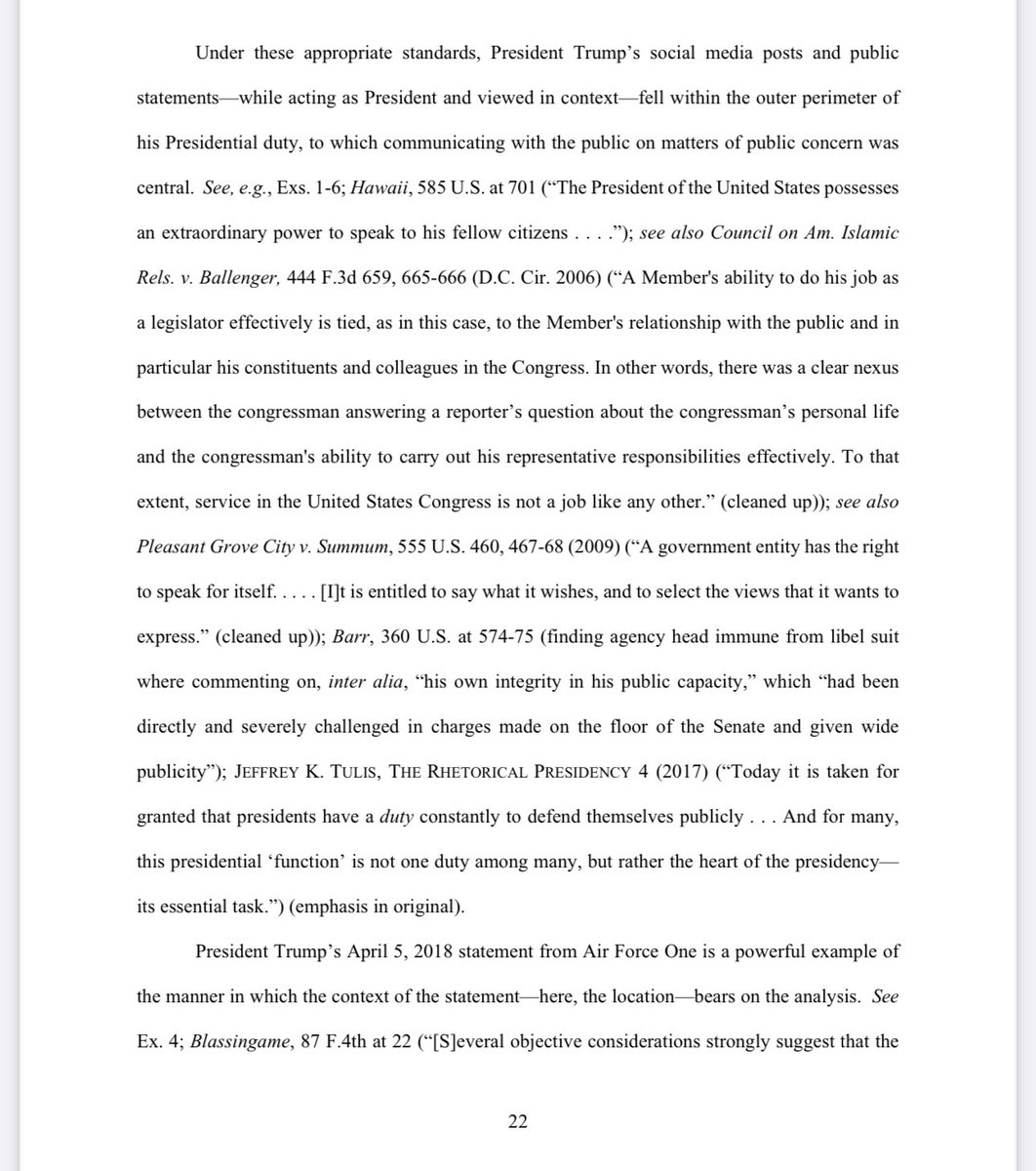
Trump also argued that Merchan should delay the trial until SCOTUS weighs in on presidential immunity in the DC election interference case.
But Merchan didn’t reach the merits of the presidential immunity arguments bc he found that Trump’s motion should be denied as untimely.
But Merchan didn’t reach the merits of the presidential immunity arguments bc he found that Trump’s motion should be denied as untimely.
• • •
Missing some Tweet in this thread? You can try to
force a refresh


